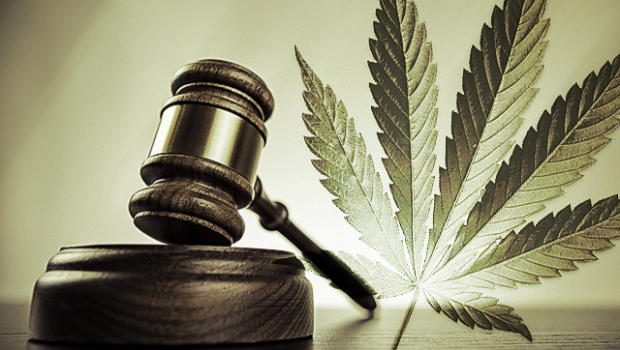
Legalizing drug consumption in regions with high per capita incomes, like the U.S. and Western Europe, is necessary to normalize the functionality of institutions in Colombia and Mexico, and to prevent the advance of the drug war from Honduras to other “drug countries” in Asia, such as Myanmar.
Vice President Joseph Biden maintains that the justice problems that started Plan Colombia have been fixed, and that now it is time to attack drug trafficking in Honduras, El Salvador and Guatemala. He forgets that the war in Afghanistan also has roots in the drug trade, specifically heroin.
The U.S. seems to have forgotten its prohibition era and the subsequent rise of the Italian mafia in big cities, which led to widespread crime, fueled by the extraordinarily high prices of alcohol. It has also underestimated the societal cost of the Russian mafia’s presence in South Florida, whose abilities to launder money and to handle the logistics of trafficking cocaine to America and Europe via Western Africa are well known. The U.S. believes that keeping drugs illegal is the most efficient way of protecting young people from addiction.
However, the legalization of marijuana for medicinal and recreational use in Colorado has allowed us to draw some conclusions. Many of the potential economic benefits of legalization were greatly exaggerated. But with time, the benefits of living in a society with less secrecy, and with the capacity to manage medical problems outside of the penal code, will become clearer. Drug consumption isn’t ending anytime soon, despite the U.S. prison population coming close to an alarming 1 percent of the total U.S. population, a consequence of the war on drugs Richard Nixon declared in 1971.
We know that humans are naturally inclined to alter their states of consciousness. We enjoy the pleasant feelings of intoxication from alcohol, wine, distilled spirits and all types of drugs. Children spin in circles in search of a pleasant feeling, perhaps similar to that produced by ethanol. Fighting against nature is not very efficient.
The most practical solution is to get distinguished, unbiased U.S. scholars to speak out and show that the societal cost of keeping drugs illegal outweighs the benefits, and that in Central American and Bolivarian countries, the institutional cost is frightening. This cost includes the war on cocaine in Colombia, whose most organized and least bloodthirsty players are the communist guerrillas of the Revolutionary Armed Forces of Columbia. Our government ought to take the lead on this issue. What do we have to lose?

Leave a Reply
You must be logged in to post a comment.